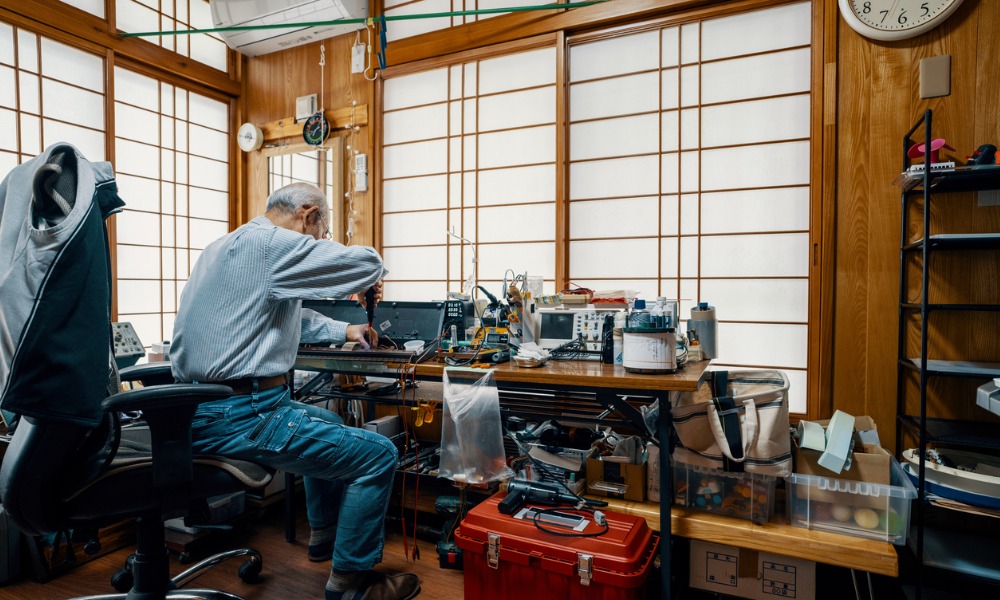
Health, cost of living, boredom pushing seniors to continue working past retirement age

A new survey has revealed that a majority of seniors who are working past the retirement age in Japan believe they can still work beyond the age of 80, according to reports.
The survey from Wellness, which polled 540 working people aged between 65 and 91, revealed that 315 still believe they can still work between 80 and 89 years old.
Another 59 working seniors further believe they can still work after 90 years old, according to the survey, as reported by The Mainichi.
For 115 respondents, they said they can still work between 70 and 79 years old.
The findings are much greater than working seniors' initial expectations of how long they can work, according to the poll.
Prior to their post-retirement roles, a total of 228 respondents used to believe they can only work until they're 79. Another 315 said they can only work until they're between 80 and 89.
A much smaller 59 respondents also used to believe they can only work past 90 years old, the survey found.
About half of the poll's respondents said they are "satisfied" with their current job and that they're not looking to take on a role as a challenge.
Some 43 people, however, said they want to work in sales, office work, and management. Another 29 also want roles in the health and welfare industries.
Wellness is an apartment management dispatch and services company that recruits senior citizens, according to The Mainichi's report. Around 3,240 people are registered and waiting to be dispatched to apartments that need resident managers.
The top reasons why these seniors continue to work after their retirement include their health, living expenses and medical bills, and because they have free time, according to Wellness' survey.
Others also said they want to "participate in society" and because they "don't want to be at home all the time."
"I believe that 'social participation' through employment prevents loneliness and brings about good mental and physical health," a Wellness official said as quoted by The Mainichi.
The findings come as the Organisation for Economic Co-operation and Development (OECD) previously called for the abolition of the mandatory retirement age in Japan amid an ageing workforce and low birth rates.
"Abolishing the right of firms to set mandatory retirement, typically at 60, would increase employment and weaken the role of seniority in setting wages, which would also benefit women and younger workers," the OECD said in a report earlier this year.